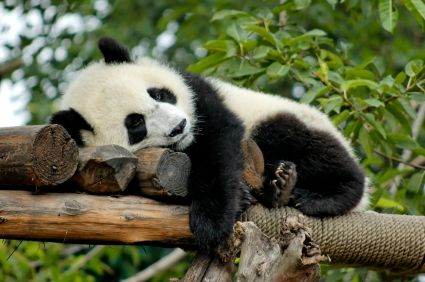Apathy kills, action inspires
Posted on
|
It’s very motivating to browse the internet and come across something which really strikes into your heart. The sort of thing I’m thinking of spurs you to take action – not just to want to take action, but to actually do it. How often do we come away having read something, thinking," That’s terrible," and then go on as if we had read nothing or not been affected at all? The key to successful wildlife conservation is to moving people literally to take action, to do something, in whatever way we all can, to do something to save this wildlife on this planet and most particularly, to save and protect their habitats. 0 1 2 3 4 5 6 7 1 action The good thing about taking one action is that we tend to feel good about doing it. And often we may think, "That was easy! What else can I do?" Sometimes it’s just the getting started and doing something however little time it takes. The one thing wildlife cannot afford at all is for us all to sit at the zero action position. We need a total army of people who will move from the zero point to doing stuff. And if each of us already do stuff, we need to do more. E.O.Wilson is a scientist. In his book , (which inspires us to set aside half of the earth’s surface for nature), Mr Wilson writes: “To those who are steering the growth of reserves worldwide, let me make an earnest request: don’t stop, just aim a lot higher.” We all need to act for the sake of wildlife and this beautiful planet of ours. Please take an action to help wildlife today. One way is to support those already working to grow and protect reserves around the world or protecting the wildlife already there.
|
